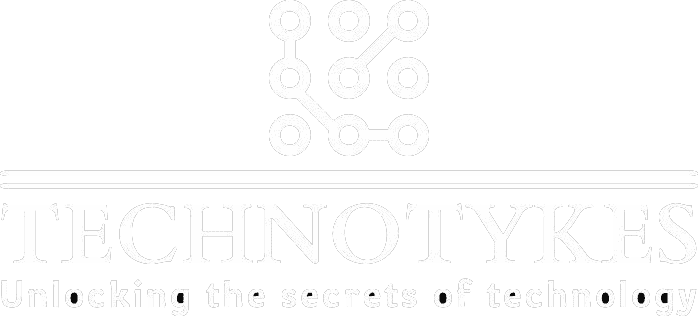![]()
How AI tools affect digital marketing
In a world that moves faster than your thumb can scroll, AI isn’t just a trend; it’s the new engine powering digital marketing. From personalised emails to automated ad campaigns, AI tools are quietly transforming how brands connect, engage and convert their audiences. Here are the impacts of AI courses in digital marketing:
Smarter targeting, less guesswork
Gone are the days of throwing ads into the digital void and hoping for their stick. AI tools now analyze user behaviour, preferences and patterns in real-time. Tools like ChatGPT, Jasper, and Hubspot’s AI can generate content for specific audience segments. Social media platforms now use AI to auto-optimise budgets and targeting for better ROI. The result of this is higher engagement, less ad spend waste, and messaging that actually clicks.
Content creation that keeps up with demand
AI writing tools like ChatGPT, Copy.ai and other sources help marketers generate blog posts, captions, product descriptions and emails in minutes. Visual AI tools like Canva AI and Midjourney create visuals or even entire ad designs baked from just a prompt. Video AI tools are now converting blog content into explainer videos automatically.
Chatbots that understand you
You’ve probably chatted with a support bot that actually helped you, and that’s AI at work. AI-powered chatbots like Drift, intercom and even WhatsApp now handle everything from lead gen to customer service. They’re available 24/7, speak multiple languages and can resolve common issues faster. With natural language processing, they understand context and sound more human than ever.
Smarter SEO with AI
Before, AI marketers had to brainstorm and check keywords using outdated data, but tools like Surfer SEO, Clearscope, and MaketMuse used AI to suggest content structure, keywords and even competitor insights. AI analyzes search trends and identifies opportunities before they go mainstream. Some tools even optimise content in real time as you write.
Smart Ad targeting and campaign automation
Before AI, Ad campaigns relied on manual targeting and budget tweaks, but nowadays, with AI tools, platforms like Google Ads and Meta (Facebook/Instagram) use AI to auto-optimise ads, showing them to users most likely to engage. For example, you run two Facebook ad versions. AI tracks that perform better and shift more of the budget to that one automatically.
Predictive Analytics: knowing what your customers want before they do
Predictive AI is like giving your marketing team a crystal ball, except it’s built on data, not magic. AI can predict who is most likely to buy, when they’re most likely to engage and what kind of content or product will convert them. This shifts marketing from reactive to proactive. For example, AI engines might flag a customer who always buys during seasonal sales and automatically send them a discount before they even think about looking for one.
Voice search and visual recognition
AI is pushing marketing beyond screens. It’s entering the realm of how we search, not just what we search for. Voice AI optimises questions, not just keywords, and in visual AI, customers upload photos, and AI finds similar products instantly. For example, Pinterest lets users take a picture of a chair and find retailers who sell similar styles.
AI in digital marketing has shifted an art of assumptions to a science of precision, but the best marketing today doesn’t come from machines; it comes from marketers who know how to work with them.
For the best experience, visit TechnoTykes.
Your brand deserves more than just clicks. It deserves connection. We don’t just run campaigns; we build experiences. We provide computer classes for your growth. Let’s turn your vision into a viral one. Contact TechnoTykes today for the best experience.


